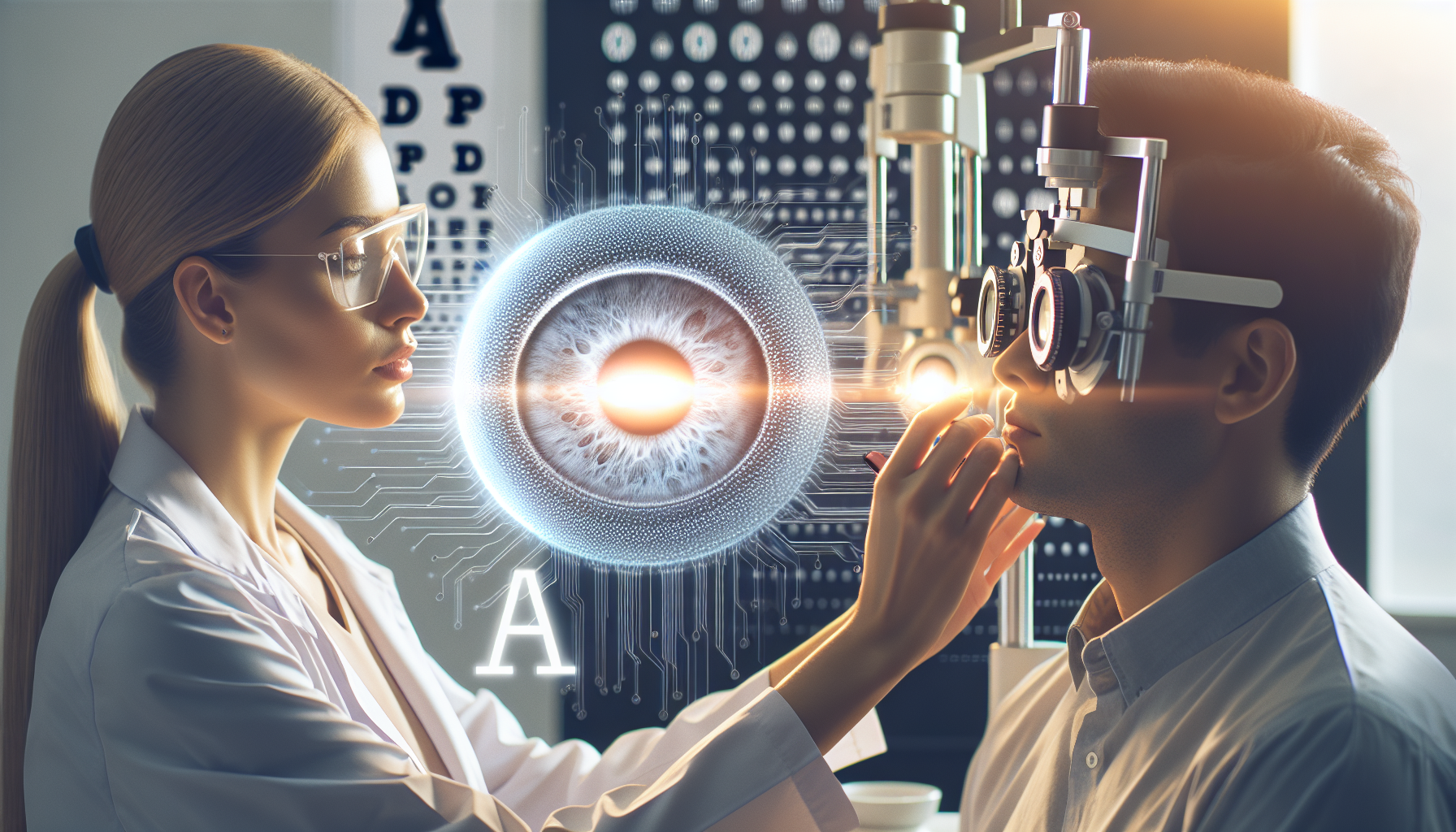Artificial intelligence (AI) holds promise in bolstering eye care and specifically in diagnosing infectious keratitis (IK), a major contributor to global corneal blindness. A recent study indicates that deep learning models exhibit comparable diagnostic accuracy to human eye care specialists.
The study, a meta-analysis published in eClinicalMedicine, was led by Dr Darren Ting of the University of Birmingham. Dr Ting, along with a team of international researchers, scrutinised 35 studies that employed Deep Learning (DL) models for diagnosing IK.
The AI models showcased a sensitivity of 89.2% and specificity of 93.2% in their diagnoses, equalling the performance of ophthalmologists who demonstrated 82.2% sensitivity and 89.6% specificity. The AI models analysed over 136,000 corneal images, lending further credibility to the potential application of AI in clinical environments.
Dr Ting, a Birmingham Health Partners (BHP) Fellow and Consultant Ophthalmologist at the University of Birmingham, voiced his enthusiasm for AI’s potential. He said, “AI could revolutionise the management of corneal infections on a global scale by providing swift, reliable diagnoses. This is especially promising for areas where access to specialised eye care is scarce, and could help to alleviate the global burden of preventable blindness.”
The AI models also demonstrated effectiveness in distinguishing between healthy eyes, infected corneas, and various IK causes, such as bacterial or fungal infections. While these findings illuminate the potential of DL in healthcare, the study’s authors stressed the need for more diverse data and further external validation to enhance these models’ reliability in clinical settings.
Infectious keratitis, a condition marked by corneal inflammation, affects millions, particularly in lower- to middle-income countries where specialised eye care is often inaccessible. As AI technology evolves and becomes increasingly integral in medical practice, it may soon serve as a crucial instrument in preventing corneal blindness worldwide.

Comments are closed for this post.